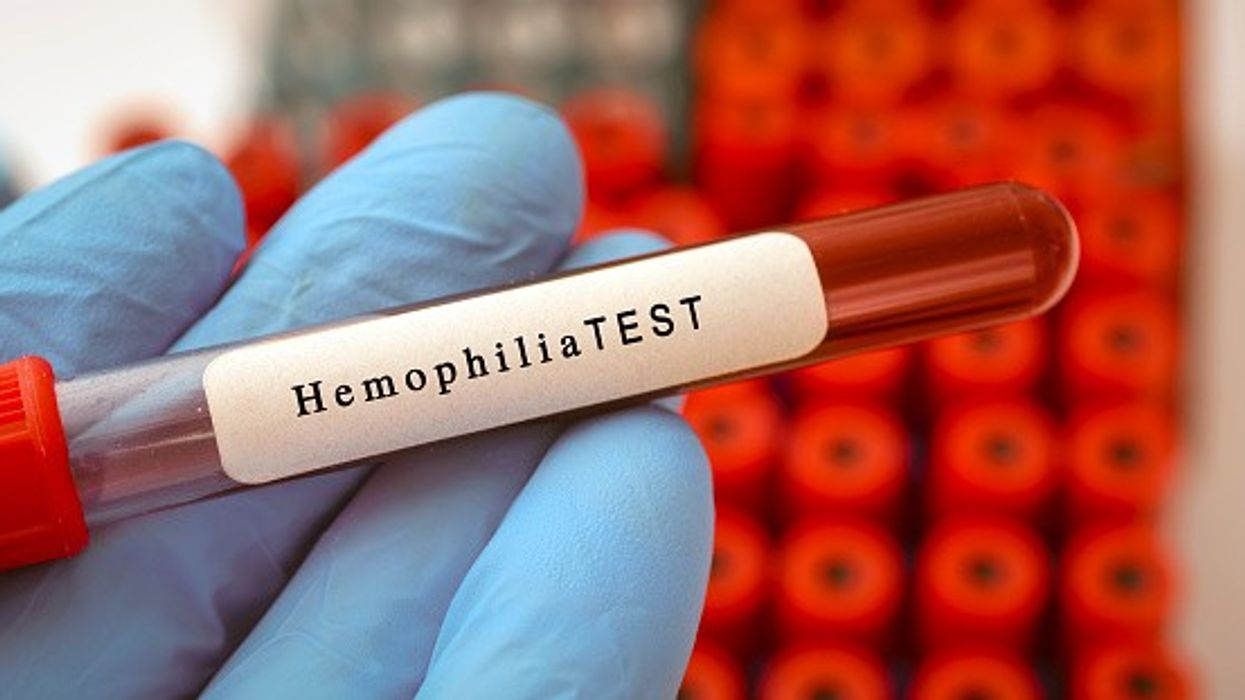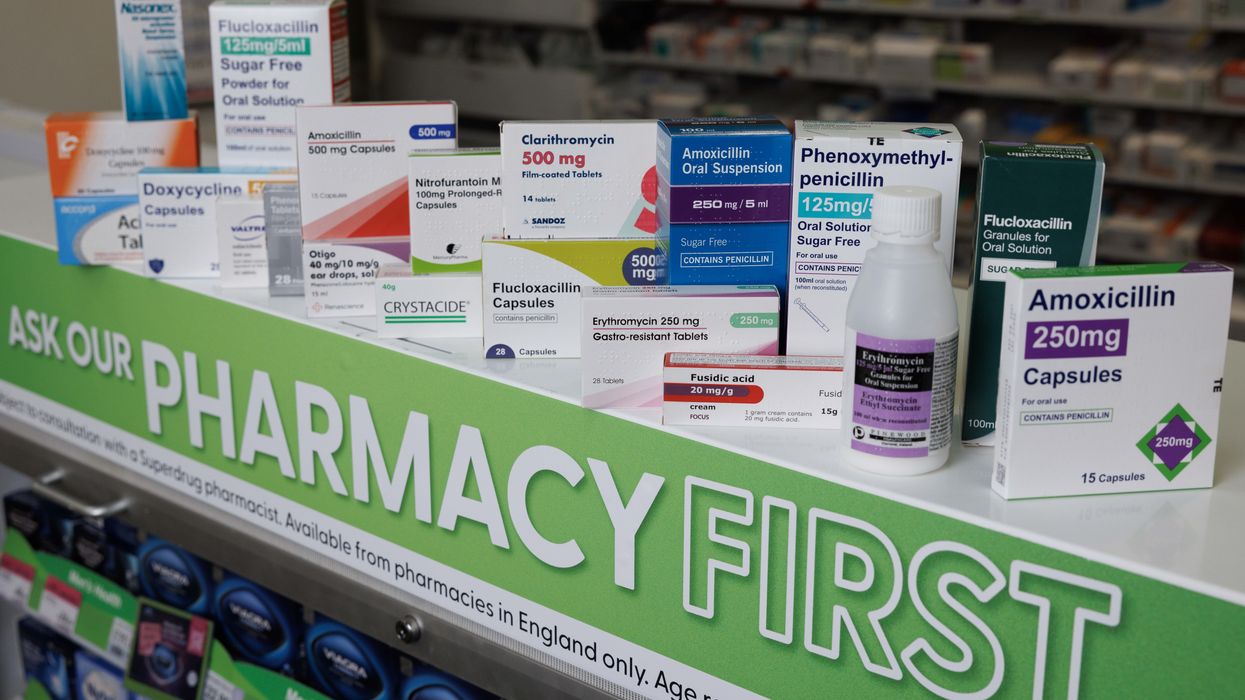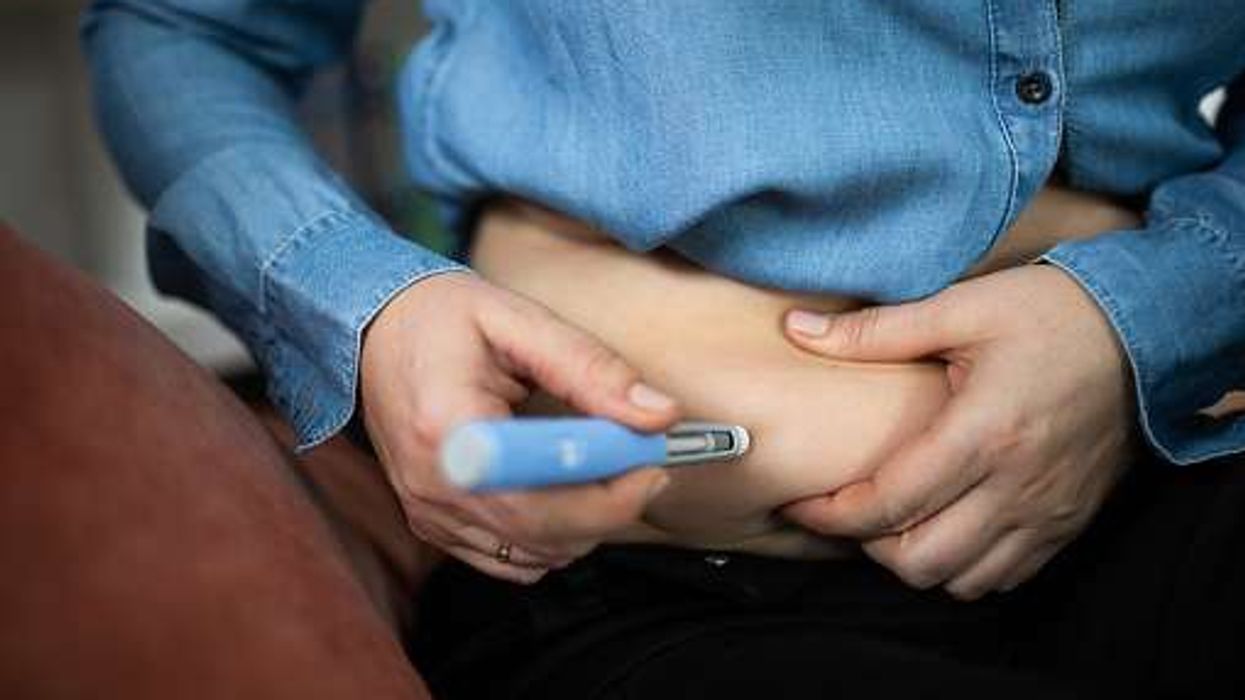The Medicines and Healthcare products Regulatory Agency (MHRA) has approved Hympavzi (marstacimab) to prevent or reduce bleeding in patients aged 12 years and older, weighing at least 35kg, who have severe haemophilia A or B.
Developed by Pfizer scientists, this groundbreaking treatment is the first of its kind to target a protein involved in the blood clotting process.
Haemophilia A and B are inherited bleeding disorders caused by a lack of clotting protein—factor VIII for haemophilia A and factor IX for haemophilia B.
In people with haemophilia, bleeding takes longer than normal to stop, and they may also experience spontaneous bleeding in joints and muscles without any injury, potentially leading to joint damage.
Over 11,800 people were living with these conditions in 2023/2024, with 2,700 of them having severe haemophilia. The condition primarily affects males.
Some individuals with haemophilia can develop inhibitors—antibodies that hinder the effectiveness of replacement factor VIII or factor IX medicines.
Marstacimab is designed for patients who have not developed such inhibitors.
“This new type of treatment demonstrates our commitment to enabling access to safe, innovative and effective medicines,” said Julian Beach, MHRA interim executive director, healthcare quality and access, assuring that appropriate regulatory standards for the approval of this medicine have been met.
This approval is based on data from a key study involving 116 adults and adolescents (aged 12 and older) with severe haemophilia A or B without inhibitors.
In the study, marstacimab significantly reduced the annualized bleeding rate (ABR) for treated bleeds during the 12-month active treatment period, demonstrating non-inferiority and statistical superiority compared to routine factor-based prophylaxis.
The most common side effects of marstacimab include headache, high blood pressure, and itching (pruritus), which may affect more than 1 in 10 people.
How the medicine works
Marstacimab works by recognising and binding to tissue factor pathway inhibitor (TFPI), a protein that prevents blood clotting. By blocking TFPI, the drug enhances the formation of thrombin, a crucial protein involved in blood clotting, ultimately improving the body's ability to stop bleeding in haemophilia patients.
The medication is given as an injection under the skin once weekly, using a pre-filled syringe or pen. Patients or carers can administer the injection themselves after receiving proper training.
“This authorisation is an important step towards providing eligible patients with a new treatment option,” said Seema Patel, medical director of specialty care at Pfizer UK.
She added that they will continue to work with reimbursement agencies across the UK to make the drug available on the NHS.
Marstacimab is currently being assessed by the National Institute for Health and Care Excellence (NICE) and the Scottish Medicines Consortium (SMC) for use on the NHS.













